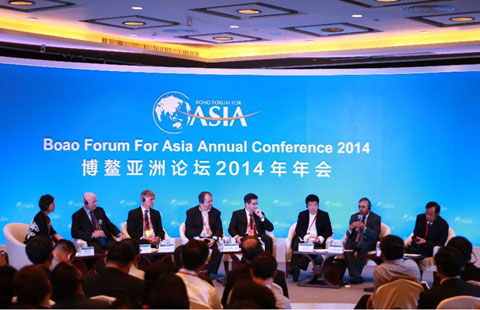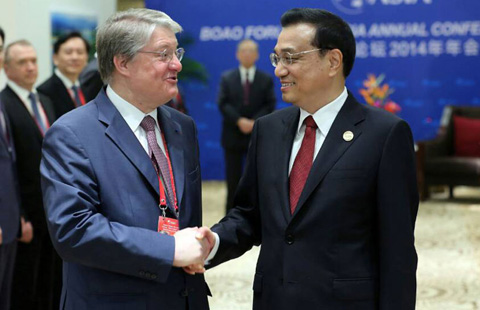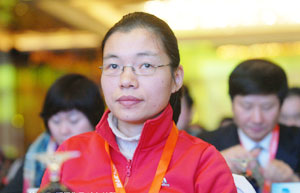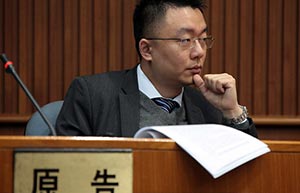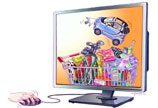Pharmaceutical giants rethink rebate marketing
(Xinhua) Updated: 2014-04-12 14:42On the heels of the reports, the National Health and Family Planning Commission vowed to step up its efforts to curb commercial bribery in the pharmaceutical industry and health service sector, planning to blacklist pharmaceutical companies and individuals involved in bribery.
|
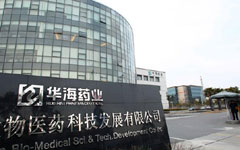 |
|
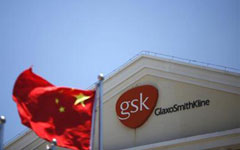 |
GSK, for instance, has announced that it would scrap funds used for hiring healthcare professionals to promote their products to those authorized to prescribe drugs.
The pharmaceutical juggernaut, which closely linked salaries to sales, will also adopt a new marketing model in China by focusing on the needs of patients, according to Herve Gisserot, senior vice president of GSK.
Zhang Mingfang, a professor at Guangxi University of Chinese Medicine, said that such changes are an inevitable trend in the industry.
Zhang's view echoes that of Zhang Heming, secretary with the board of directors of China Shijiazhuang Pharmaceutical Group Co Ltd, who sees the waning rebate sales model as a sign of pharmaceutical companies "moving in the right direction."
"Other international pharmaceutical companies will follow suit if GSK's new model works in China," Zhang said.
- South America tops China's auto export destinations
- China's agricultural foreign trade growth slows
- China's bankcard consumer confidence rebounds
- China auto sales hit record high
- China's IPO market not shut down: CSRC
- Shanghai-HK mutual stock trade to be settled in yuan
- Boat show opens in Shanghai
- China's financial reform no easy job


